Welcome to Duck Asks
Welcome to Duck Asks, your one-stop resource for all things duck! We provide detailed information on duck species, behavior, and habitats, as well as how to identify, feed, and care for ducks. Whether you’re a duck enthusiast, or just learning about them, you’ll find what you need here. Check out our blog for the latest news and updates on ducks, and explore our online store for all kinds of duck-related products. From books to toys, we have it all. Thanks for visiting Duck Asks!
Endorsed by top global media outlets




CATEGORIES
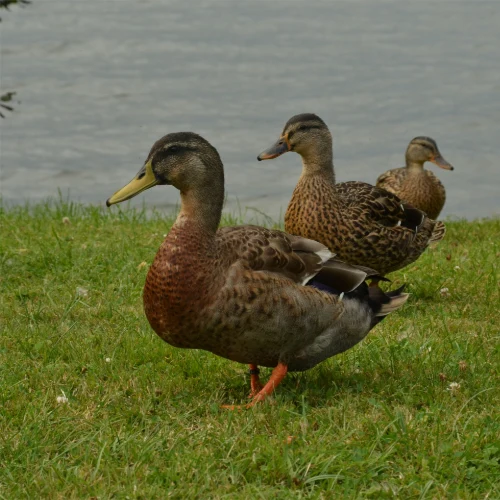
BEHAVIOR
Welcome to the Ducks Behavior! Here you can find all the ins and outs on the ducks behavior, starting from fascinating behavior to their unique physical characteristic. We will explore here how ducks behave and look like!
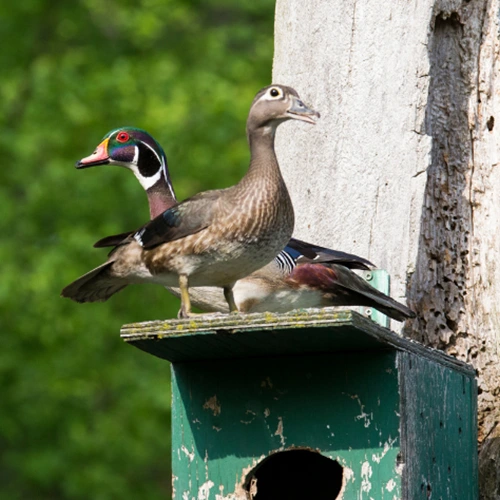
HABITAT
Ducks inhabit diverse habitats such as freshwater, saltwater, wetlands, and even urban areas. They adapt well to different environments. The diversity in their habitats makes them a common sight for bird enthusiasts.

DUCKLINGS
Ducklings are very cute, fluffy creatures that bring joy to nature lovers. They hatch from eggs, transform into mature ducks and play a crucial role in the ecosystem. Whether in a pond or sanctuary, they are a delightful sight.
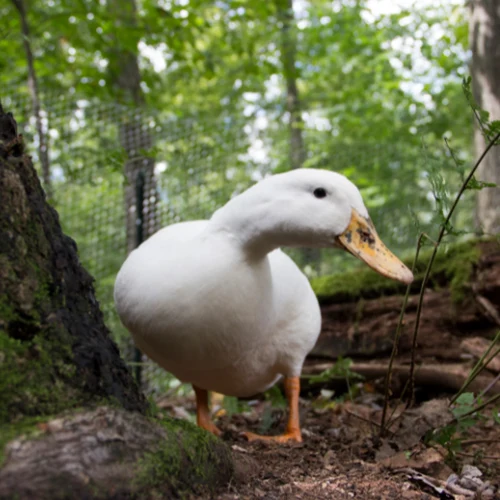
BLOGS
Ducks are captivating birds known for their colorful plumage, playful antics and unique calls. They play an important role in the ecosystem and offer opportunities for learning and enjoyment. Discover the world of ducks.
OUR RECENT BLOGS

Why Do Wood Ducks Nest in Trees?
The vividly colorful Wood Ducks have a much different nesting habit than…

Dutch Hookbill Duck: History And Breed Guide
The Dutch Hookbill duck, or Hookbill, is a popular breed of domestic…
Crested Duck: History And Breed Guide
The Crested duck is an eye-catching bird with a captivating crest that…

Duclair Duck: History And Breed Guide
The Duclair duck is one of the most satisfying breeds to raise.…

Cayuga Duck: History And Breed Guide
The Cayuga is a domestic duck breed that happened to provide the…

Campbell Duck: History And Breed Guide
When it comes to productive ducks, few are as good as the…

Bali Duck: History And Breed Guide
The Bali duck is a fancy breed of ducks raised for show…
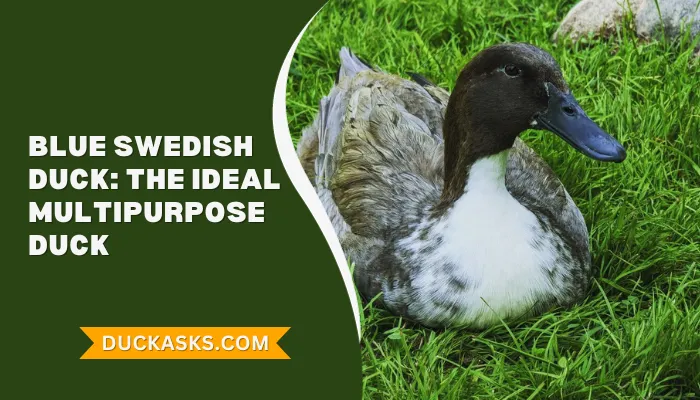
Blue Swedish Duck: History And Breed Guide
The Blue Swedish duck is the ultimate multipurpose duck for breeding. It…
Why Do Ducks Quack and Geese Honk?
While they may have some similarities physically, ducks and geese have different…

Why Do Ducks Pant Like Dogs? (Duck Physiology)
Many times, I’ve noticed ducks acting weird or panting out. Some may…
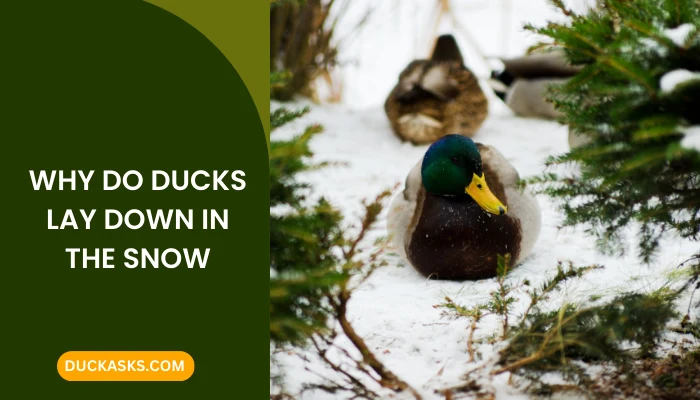
Why Do Ducks Lay Down In The Snow?
Ducks tend to make seasonal movements as part of their survival instinct.…

Is a Duck Less Dense than Water?
Ever notice a duck gliding across the water? The fact that these…
DUCKS BEHAVIOR
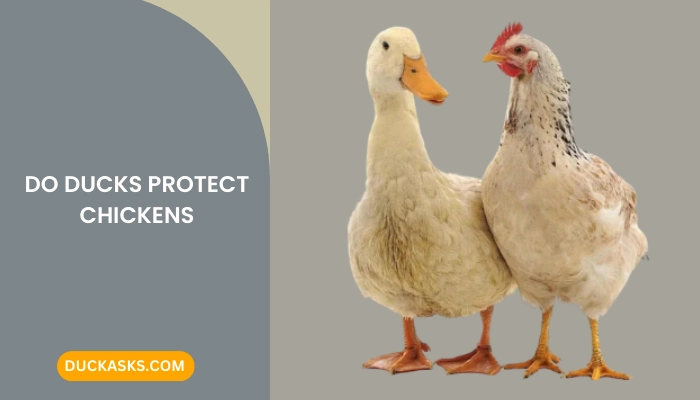
Do Ducks Protect Chickens?
Though these birds share a common space and forage side by side,…
Do Male Ducks Attack Ducklings?
Male ducks or drakes are well known to show aggressive behavior towards…
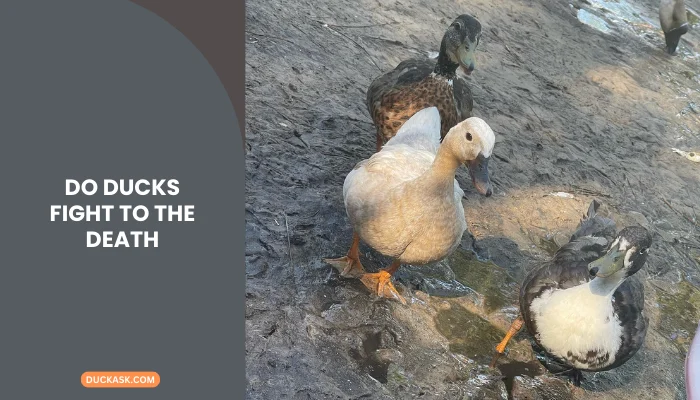
Do Ducks Fight to the Death?
It’s hard to imagine a cute duck being violent and not at…
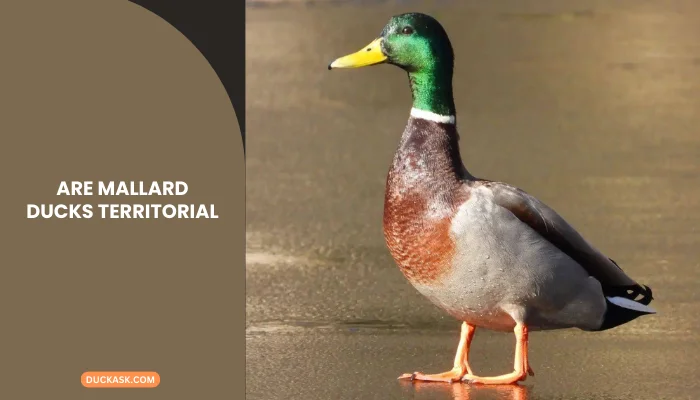
Are Mallard Ducks Territorial?
Territorial behavior is a common trait among ducks, especially those raised in…
Do Ducks Abandon Their Eggs?
Though ducks are well-known for their remarkable nurturing instincts as parents, some…

What Does It Mean When a Duck Wags Its Tail?
We often see ducks wagging their tails and roaming around. Although many…
DUCKS FOOD
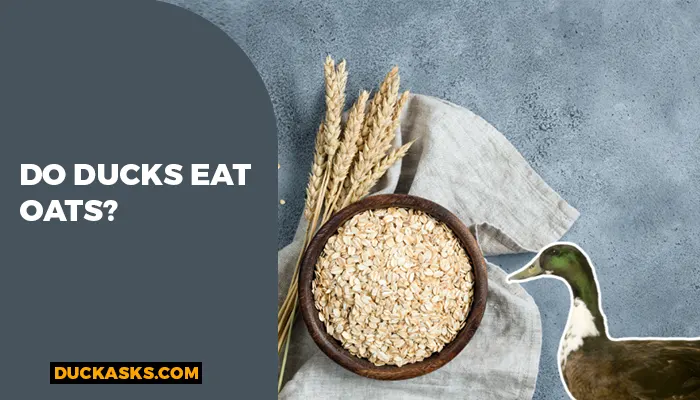
Do Ducks Eat Oats? Are Oats Safe For Ducks?
You really do not need to stress out too much about what…

Can Ducks Eat Zucchini?
Ducks can physically eat anything that’s edible. But you should not let…

Can Ducks Eat Tortillas?
You might already know that ducks are omnivores. That basically means you…

Can Ducks Eat Pretzels?
The best way to interact with ducks is by feeding them. But…
Is Cat Food Good For Ducks?
Ducks are omnivores. So, it’s possible to include many different types of…
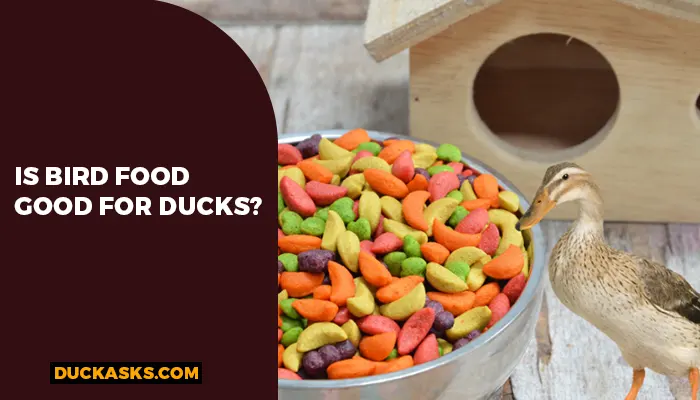
Is Bird Food Good For Ducks?
Yes, ducks are very intelligent. But they can’t understand which food is…
